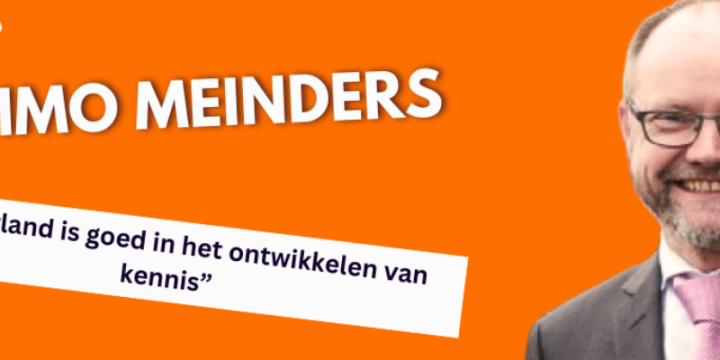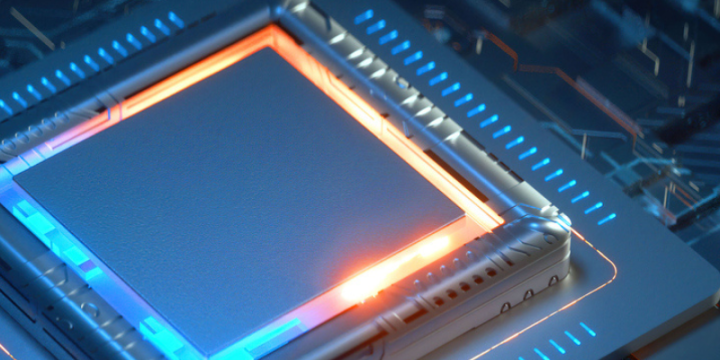What is typical about Dutch Innovation? Can we coin it as a concept, just like Dutch Design? And is that an opportunity to position the Netherlands more strongly on the world stage as a leading innovation country? Innovation Origins looks ahead in a three-part series to the Dutch Innovation Days, 11, 12 and 13 May in Enschede. Read part 2 here: what distinguishes the Netherlands when it comes to the major innovations that are needed in this day and age?
Vertical and horizontal
Marc Hendrikse, chairman of Holland High Tech, has seen the Netherlands as “one of the most anti-hierarchical countries in the world for centuries”. And that applies both vertically and horizontally. “Both help in innovation and give the Netherlands an exceptional position in that area. The vertical anti-hierarchy means that a highly trained physicist (or any other specialty) can speak directly and equally with the man or woman at the lathe or milling machine. The latter can indicate in unadulterated language that the part cannot be made as the highly educated person has drawn, but also with which adjustments this can be done. Which is also respected by those same highly educated people. That is almost impossible in any other culture.”
But it also applies horizontally: “A mechanic is of the opinion that he knows better how an electronics engineer should solve his problem. Or a chemist, or a software specialist. But that goes back and forth and they are all stubborn. And if you put those people together in a room and let them think about the solution of the complete machine or complete problem, then the best solution will emerge for the entire system. We call that system engineering and the Netherlands is world champion in this. This is also very difficult to achieve in other cultures, where people are more organized in technological pillars and they do not dare to address each other in their field.”
Dutch sobriety
“It is about a down-to-earth vision, coupled with a typical Dutch product,” says Fred Roozeboom, emeritus professor at the Inorganic Membranes group at the University of Twente and currently also an advisor at Carbyon. He does not have to think long about the examples of this. “For example, I think the Apeldoorn invention of a notch in biscuits is a very nice one, or the improvement of tomato seed: very worthwhile, because a kilo of tomato seed is often more expensive than a kilo of gold. Or look at the installation of intelligent sensor networks under bicycle paths, as is happening on the TU Delft Campus.” German, Flemish, American and Chinese societies are often more hierarchical and less vocal in nature, says Roozeboom. "So these kinds of 'down-to-earth' ideas may arise less spontaneously there."





